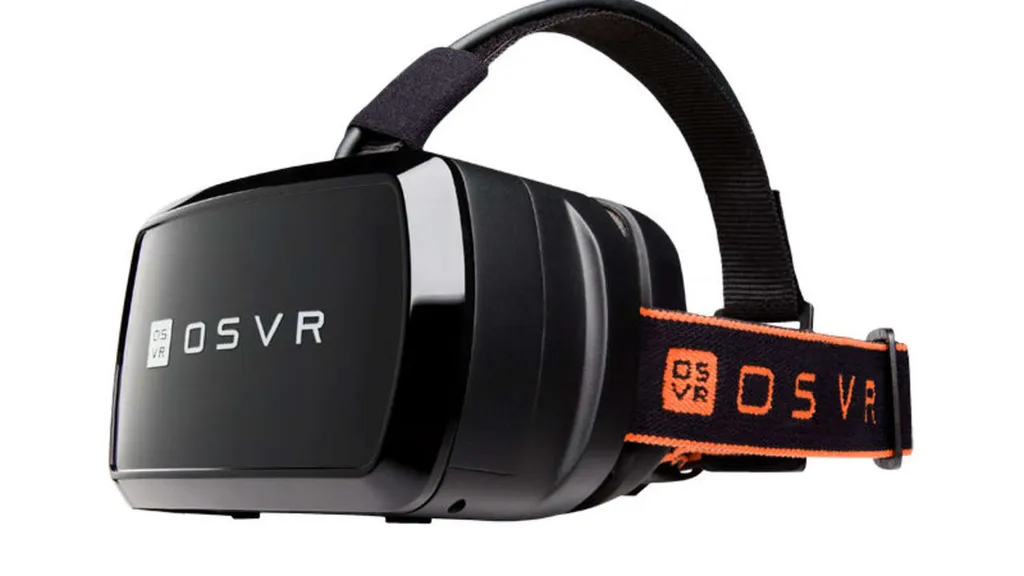Open Source Virtual Reality, its a dream that Razer is looking to fulfill for the betterment of the community. Well today that dream got a little closer to a reality, as Razer announced that 13 new partners have joined the fold. The list of partners represents a wide spectrum of the VR ecosystem, from input devices to 3D sound.
The new OSVR partners:
Audio
- VisiSonics
- Creators of the 3D audio solution, RealSpace, which has been licensed by Oculus for use in their demos and SDK.
- Impulsonic
- Behind the Phonon suite for spacial audio in games.
- Sonic VR
- An EvoNexus incubated company, Sonic VR is working on an audio solution that “adapts to the listener’s unique anatomy and physiology.”
Input
- 3DRudder
- A 3D navigation device that is controlled by your feet.
- Cyberith
- Creators of Virtualizer a VR treadmill that allows the user to run and walk in VR.
- SoftKinetic
- Specializing in computer vision solutions, SoftKinetic has also developed a toolkit for Oculus depth and gesture recognition.
- Tactical Haptics
- Developers of a haptic feedback controller that allows for “force-torque-like feedback in a device.”
Video
- Jaunt
- Focusing on cinematic VR experiences filmed in 360. Filmmakers behind the Paul McCartney VR experience and Kaiju Fury!
Games
- Tammeka Games
- Developers of Radial-G a “multiplayer sci-fi racer for the VR generation.”
- Pixel Titans
- Developers behind Strafe, a VR FPS game that hearkens back to the early days of FPS in the mid 90s. The game is currently running a Kickstarter campaign.
- VR Bits
- Developers of Darkfield VR, Nightime Terror, and Stranded. The company looks to make games that bring back the feeling of playing with your N64.
Other/Hardware
- VR Union
- Creators of the Claire, an upcoming “industry grade” VR headset with some impressive measurables. VR Union was also behind the impressive RiftUP upgrade for the DK1.
- Lucidscape
- A company with a goal of building the metaverse, taking the internet as we know it and turning it into a VR 3D universe. The company already had an open source mentality, aiming to connect computers all over the world to build a giant metaverse.
In the same announcement the company announced a new academic initiative that looks to help establish VR labs in universities. The combination of these efforts suggest that Razer is truly looking out for the best interests of the entire industry, looking to help foster efforts to push it forward. Establishing labs in universities, will help inject a number of additional talented (hopefully) developers into the scene, which is great for everyone involved, especially as it is poised to take off in a big way this year.






























